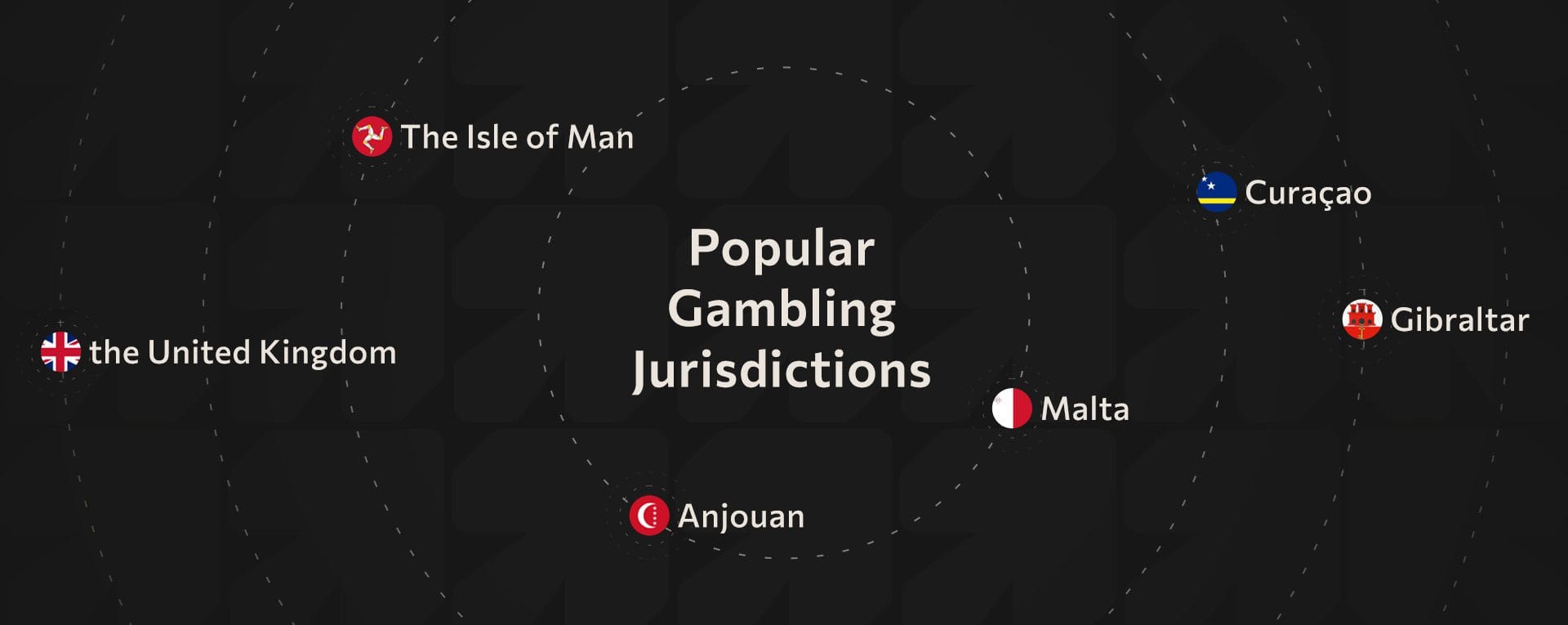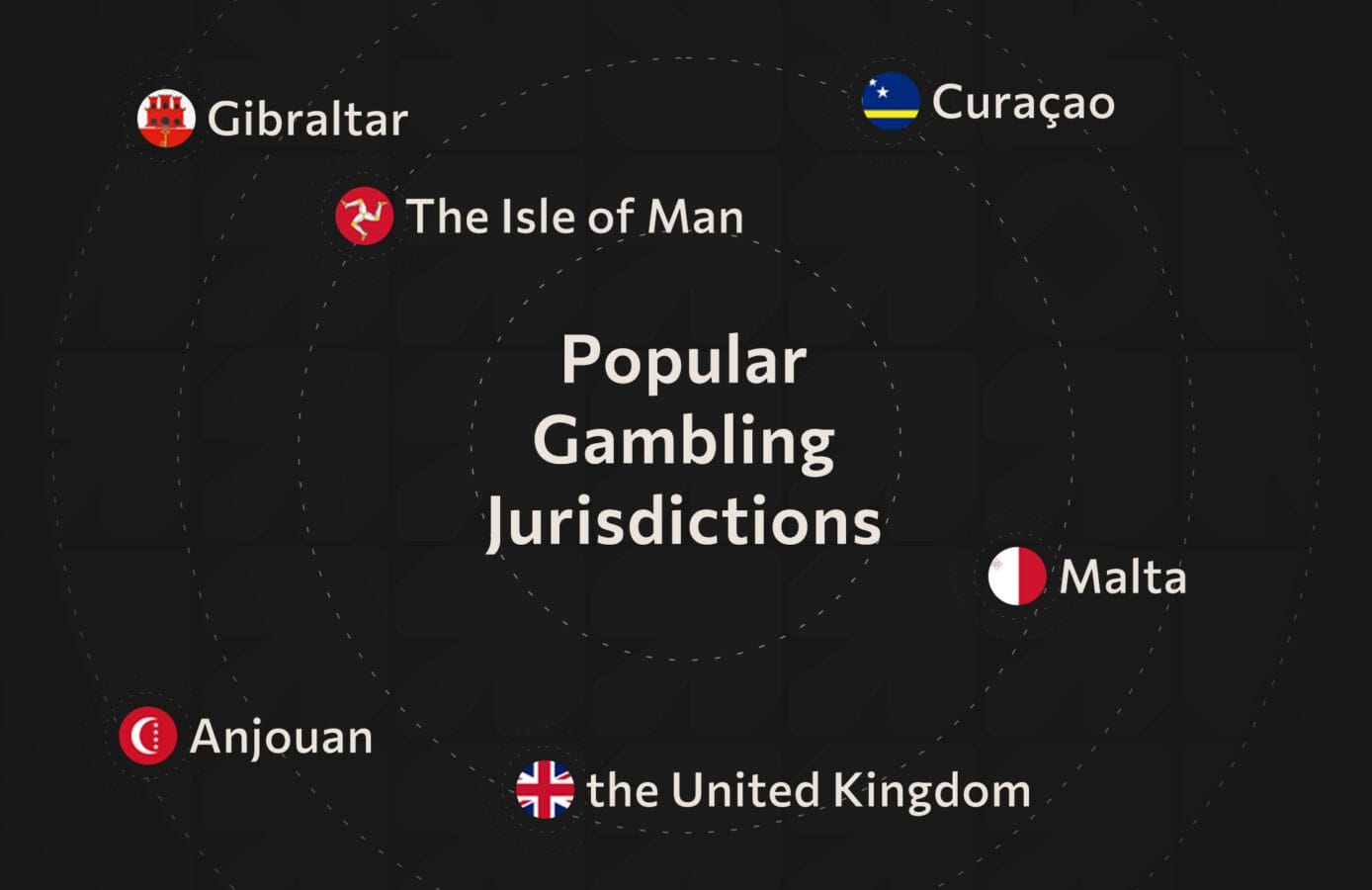Obtaining a Gambling License: How to Start a Legal Business in the Industry
Licensing a casino or other types of gambling business is a crucial step for those looking to legally operate gambling activities outside their home country. Holding a gambling license enables entrepreneurs to offer users safe and high-quality services in compliance with legal requirements.
The procedure for acquiring a gambling license can be pretty complex and time-consuming if handled independently. However, by turning to the law firm RCL Partner, you can significantly save the time and effort required for this process. Our proficients will assist you in selecting the optimal jurisdiction for your business and help reduce the costs associated with establishing and registering a legal entity.
We keep abreast of the regulatory requirements of individual jurisdictions, as well as monitoring emerging markets, such as Anjouan. We observe the growing competition among jurisdictions offering gambling licenses and help you make the right choice.
Requirements for Obtaining a Gambling License
The requirements for licensing gambling businesses can vary significantly between jurisdictions. However, there are common requirements that are generally applicable across most regions:
- Company Registration: A license can only be obtained after registering a legal entity in the relevant country.
- Capital Formation: The company must have a minimum capital amount, which depends on the specific jurisdiction’s requirements.
- Payment of Licensing Fees: Gambling licenses involve both a one-time application fee and annual renewal fees.
- License Duration: Licenses typically have a limited validity period, after which they need to be renewed.
- Regulatory Inspections: Companies must undergo various inspections to verify compliance with legal requirements.


In most countries where gambling is permitted, licenses are issued for various types of gambling activities, including:
- Roulette
- Poker
- Slots
- Sports betting
- Lotteries
- Blackjack
Gambling encompasses various forms of betting, from traditional casinos and slot machines to modern online platforms. Offline gambling includes physical establishments such as casinos, slot machine halls, and betting shops. Online gambling, on the other hand, offers a digital gambling experience, including online poker, virtual slots, and sports betting via the internet.
Each type of gambling has its unique characteristics that should be considered when planning a business. The choice between offline and online models depends on market conditions, target audience, and the financial capabilities of the entrepreneur.
Advantages of an Online Gambling License
In recent years, online gambling has surged in popularity among entrepreneurs worldwide. By properly organizing your business and adhering to legal standards, you can achieve significant success in this field. Obtaining a gambling license offers several key advantages:
- Increased Trust in Your Company: Modern players prefer licensed platforms with a solid reputation over those that offer only bonuses. A license enhances your credibility and trustworthiness.
- Recognition by Financial Institutions: A gambling license ensures the legality of your financial transactions, which increases trust from banks and other financial institutions.
- Access to Top Game Developers: Holding a license opens doors to partnerships with leading game developers, enabling you to offer a diverse and appealing range of gaming content.
- Protection from Legal Issues: A valid license shields your business from potential legal problems, such as fines, criminal charges, or asset seizures.
If you’re interested in entering the gambling market, building a business model tailored to your interests, registering a company abroad, or obtaining the necessary permits, reach out to RCL Partner. Our expertise and professional knowledge will help you confidently start your venture in this promising industry.